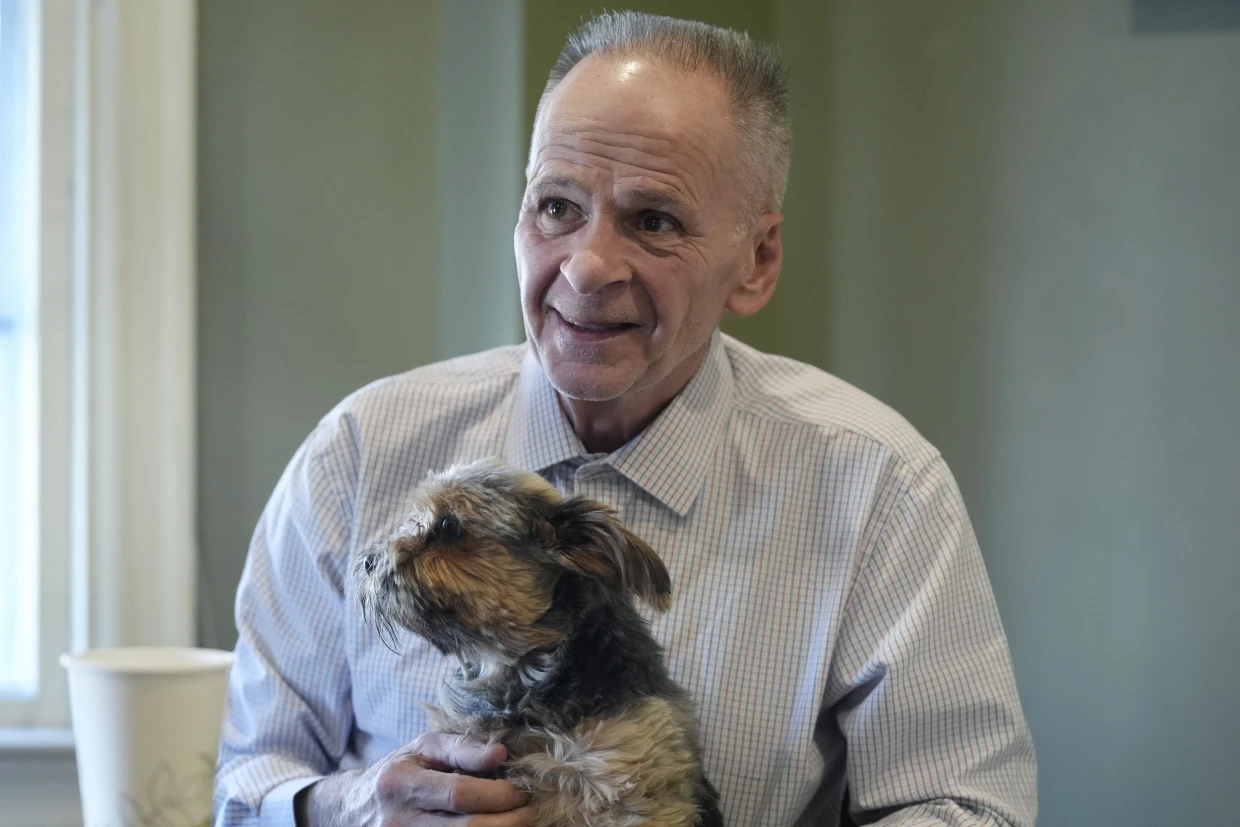
Harry Reid remembered as a fighter and skilled Senate dealmaker
Las Vegas: He was an accomplished amateur boxer who’d rather dance. But Harry Reid was fond of reminding his opponents that he knew how to fight, too. That skill took him far — from poverty in Searchlight, Nevada, to the pinnacle of the U.S. Senate.
“I don’t have people saying ‘he’s the greatest speaker,’ ‘he’s handsome,’ ‘he’s a man about town,’” Reid told The New York Times in 2010 after a hard-fought reelection victory. “But I don’t really care. I feel very comfortable with my place in history.” Reid, who died Tuesday at 82 after a four-year battle with pancreatic cancer, was one of Congress’ most skilled negotiators, thriving on the behind-the-scenes wrangling that frustrated many of his predecessors. As majority leader from 2007 to 2015, he kept the Senate in Democratic hands through a volatile era of polarizing health care and economic policy, recession and war, and with a Republican and then a Democratic president. Reid made an unproven political claim he refused to detract. During the 2012 presidential election he said on the Senate floor that GOP candidate and fellow Church of Jesus Christ of Latter-day Saints member Mitt Romney had not paid taxes for a decade. Romney denied that, and fact-checkers at the time found no evidence to support Reid’s claim. He was frequently underestimated. In his 2010 bid for reelection he looked like the underdog to tea party favorite Sharron Angle. Ambitious Democrats, assuming his defeat, began angling for his leadership post. But Reid defeated Angle, 50% to 45%.
Reid reluctantly retired rather than seek reelection in 2016 after an accident while he was exercising left him blind in one eye. His life after public office included a fellowship at the University of Nevada, Las Vegas, law school and a role leading a new think tank at the school with former House Speaker John Boehner. —(AP)
 English daily published in Bengaluru & Doha
English daily published in Bengaluru & Doha






